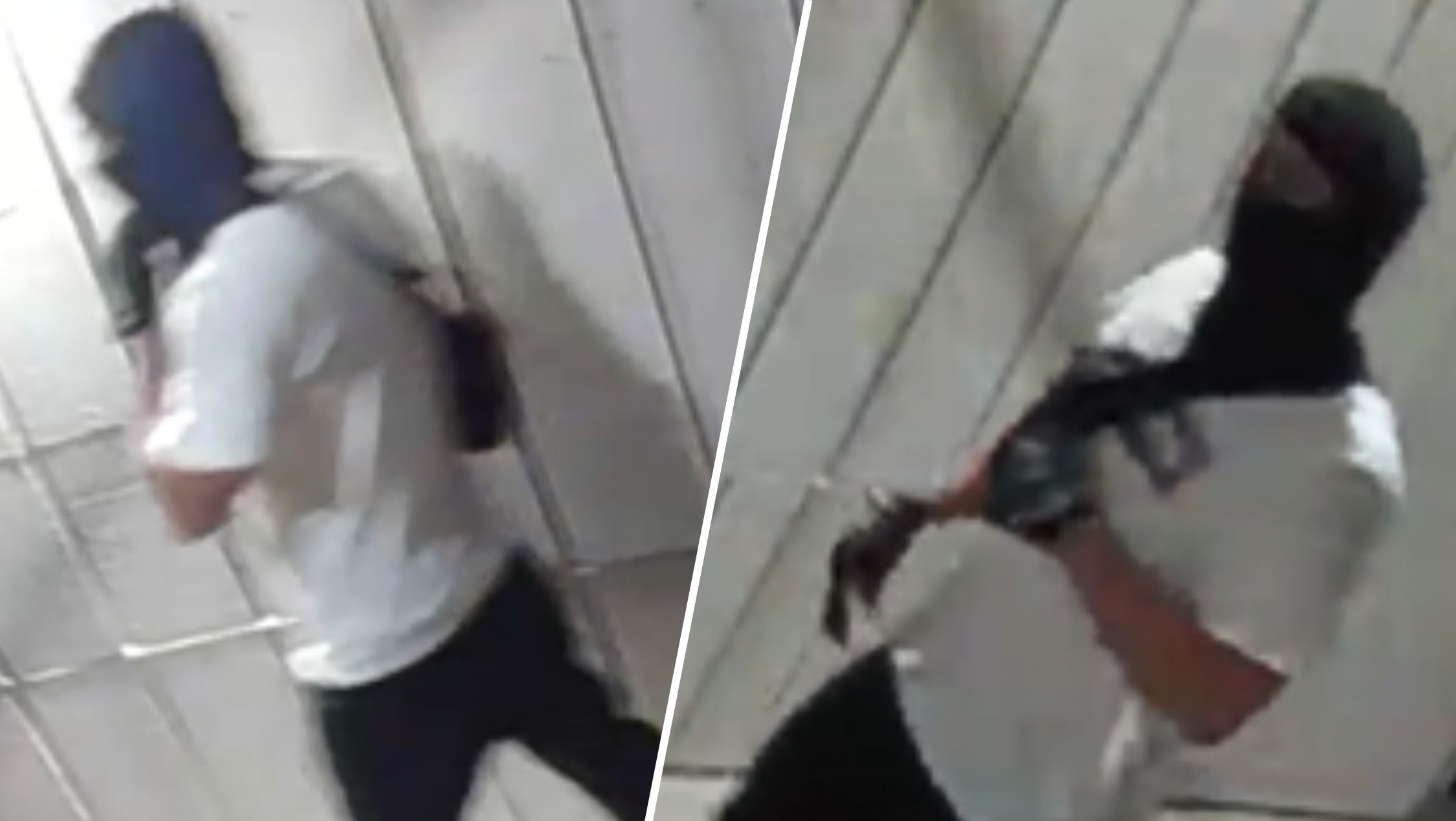Federal officials have revoked the visas of hundreds of international students, including nearly 100 in Texas. Students are now facing sudden immigration status changes. Some say the move feels like a crackdown on dissent as the Department of Homeland Security uses social media monitoring in its investigations. NBC 5’s Sophia Beausoleil has more.
Hundreds of international students studying at universities and colleges across the country learned this week that their visas were revoked by the federal government, including more than 100 in Texas.
The University of North Texas said 27 students had their visas pulled, while the University of Texas at Dallas said 19 enrolled students had their visas terminated.
Watch NBC 5 free wherever you are
“This is a fluid situation and we are communicating with affected students about the changes in their status as soon as possible,” said UT Dallas officials in a statement.
As of Thursday, six international students at Texas Woman’s University — two currently enrolled and four who already graduated — had their visas revoked, according to the school.
Get top local stories delivered to you every morning with NBC DFW's News Headlines newsletter.
“The interests of all our students, including those who come to Texas Woman’s from other countries, is our paramount concern. Our international students and scholars are valued members of the university community. Texas Woman’s became aware of these actions through regular checks of international student records in the federal Student and Exchange Visitor Information (SEVIS) database. No other details were provided. In this instance, the university’s aim is to provide information and support to international students, particularly those affected by the changes in immigration status,” said Texas Woman’s University in a statement.
The University of Texas at Arlington also announced Thursday that a number of students had experienced changes in immigration status.
“The University of Texas at Arlington is aware that the visa status of 27 enrolled international students have unexpectedly changed in recent days. UTA officials are contacting affected students to provide information and support based on each student’s circumstances and preference,” said a university spokesperson for UTA.
Local
The latest news from around North Texas.
It’s unclear who the students are, what countries they’re from, or why their visas were revoked.
“I think it's implied why they were revoked and an overall attack on immigrants and free speech, I would say, because what we're seeing here is fear, the fear people are going through. That's not a tactic I think we should not be embracing in America,” said Rogelio “Rojo” Meixueiro, a UTA student and community advocate.
Meixueiro, who is active in attending protests for various causes, expressed concern about the surveillance of international students.
“The fact that this administration is going through their social media is everything you need to know. They're looking through every single corner to find something to get us out of this country,” said Meixueiro. “Folks start erasing their social media and being afraid of just simply speaking their mind.”
When asked if he knew any of the students impacted, he said, “Sadly, many of them are friends of mine, and you know, it's like family. You've lived with some of them, you get to meet so many people on campus, and it's a shame that this tactic of fear continues to be propagated in this administration.”
UTA has about 6,000 international students, according to its website.
“What worries me is that this is only the start and the escalation can only go up from here, and we need to speak out now before it gets to that point,” said David Reynoso, a graduate student. “What I'm really afraid of is that this is just the start. First, they'll go for students with visas, next for green card holders.”
“When ICE and the government come and raid our campus and revoke student visas, they’re sending a very clear message that they’re criminalizing dissent and going against our First Amendment right and freedom of expression,” said another student who asked not to be named.
While the exact cause for the revoked visas remains unknown, some believe it may be linked to participation in pro-Palestinian protests.
Recently, Columbia graduate student Mahmoud Khalil, who led protests against the war in Gaza last year, was arrested by immigration authorities. In March, Immigration and Customs Enforcement (ICE) detained Tufts University doctoral candidate Rumeysa Ozturk on the street. She has not been charged with a crime, but was reportedly targeted for co-authoring an op-ed in support of Palestinians in a university paper.
In the recent North Texas cases, no link has been confirmed between the revoked visas and protest activity.
“I think what this administration is aiming for is that we don't have any more international students, and if we do, they, as they would call it, ‘follow the rules and they don't speak their mind or support policy — or in this case, support any cause for justice,’” Meixueiro said. “This attack is beyond your stance on Palestinians and what's happening in the Middle East. I think these attacks are directly on freedom of speech. I think this is because they want people to be silenced.”
The Department of Homeland Security recently launched a task force to review more than a million foreign students’ social media history to determine if there are grounds to revoke visas, according to an NBC News report.
In a news release Wednesday, U.S. Citizenship and Immigration Services (USCIS) said it has started monitoring social media for “antisemitic activity” and “the physical harassment of Jewish individuals” as potential grounds to deny immigration benefit requests.
“This will immediately affect aliens applying for lawful permanent resident status, foreign students and aliens affiliated with educational institutions linked to antisemitic activity,” said DHS in a statement.
“There is no room in the United States for the rest of the world’s terrorist sympathizers, and we are under no obligation to admit them or let them stay here,” said DHS Assistant Secretary for Public Affairs Tricia McLaughlin in a statement. “Sec. Noem has made it clear that anyone who thinks they can come to America and hide behind the First Amendment to advocate for anti-Semitic violence and terrorism — think again. You are not welcome here.”
Immigration attorney Haim Vasquez told NBC 5 on Wednesday, “Sometimes it’s protected under the First Amendment.”
When asked if the federal government can use political speech as grounds to remove non-citizens, Vasquez said, “Some of those protections might be gone away depending on the speech and the incitement that speech can cause.”
Another attorney told NBC 5 that deportations based on social media statements could face legal challenges, as the First Amendment protects “the people” — not just citizens — within the United States.



